Coronavirus Updates
A Commoner’s Guide to Wearing Masks Correctly
4 min read
By Apollo 24/7, Published on - 21 May 2020, Updated on - 18 October 2022
Share this article
0
8 likes
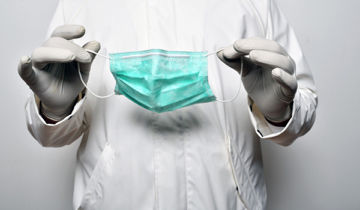
The Coronavirus largely spreads either through respiratory droplets or through contact with the infected person (known as contact transmission). On the one hand, respiratory droplets are produced from an infected person while coughing or sneezing. Any person within one-meter distance is at a higher risk of contracting the Coronavirus. On the other hand, contact transmission happens when the droplets land on surfaces where the virus can survive. A healthy person can be infected by touching these surfaces. Hence, many countries are suggesting their citizens to wear masks apart from following hand hygiene and practising social distancing. Wearing masks is critical particularly in places where social distancing is difficult to maintain; for example, pharmacies and grocery stores.
The World Health Organization (WHO) recommends the usage of masks as a scientifically valid and practical measure for everyone’s safety and well-being during the COVID-19 pandemic. WHO has advised respective countries to consider various factors like number of cases, risk of exposure, population of the country, the availability and the cost of masks before deciding on the public use of masks.
Why should you wear a mask?
The main reason why you should consider wearing a mask is to restrict the spread of the Coronavirus. You may not be aware whether you or someone near you is infected as the symptoms of COVID-19 appear gradually. However, wearing a mask will ensure that neither you nor the people in your vicinity spread the Coronavirus in case of COVID-19 infection. The masks may also serve as a reminder to practice social distancing in public areas; wearing masks alone cannot prevent the spread of the Coronavirus.
However, certain individuals like children aged below two years, people who are unconscious, and others who are unable to remove the masks by themselves are not recommended to wear masks.
What kind of face mask should you wear?
Any face covering made of fabric such as T-shirts, cotton cloth, bed sheets or bandanas can serve as a mask, as long as it allows for comfortable breathing. You just need to make sure that the face mask covers the mouth and nose, and fits you well. It should be secured properly with either knots or ear loops, and should allow you to breathe freely.
You do not need to wear surgical masks, N95 masks, or medical masks unless you are a health worker. However, you can wear the mask if you either have some kind of infection or you are taking care of someone infected with the Coronavirus.
Studies have revealed that the following individuals are at a higher risk from getting affected by COVID-19. Hence, medical masks can be recommended for such people:
- Elderly people
- People with co-existing medical conditions of the lung, heart, kidney, liver, etc.
- People who have a depressed immunity
- People with diabetes
- Cancer patients.
What is the right way of wearing a mask?
Irrespective of the type of mask you use, it is important to use and dispose of a mask appropriately. Only then it will be effective in controlling the spread of the Coronavirus.
WHO has outlined the correct way of wearing masks; we have listed them for you below:
- It is important to wash your hands with soap and water for at least 20 seconds before wearing the mask
- Now carefully put on the mask by tying it behind your head or ears. Please make sure that your nose and mouth are well covered by the mask
- Avoid touching the mask while wearing it
- It is better to remove the mask by untying it or releasing the ear loops without touching the front of the mask
- Once you remove the mask, clean your hands with soap and water if your hands are visibly dirty. Otherwise, you can simply clean your hands using an alcohol-based hand sanitiser
- You should replace your mask with a new one as soon as it becomes moist
- Masks that are meant for single-use should not be re-used under any circumstances
- Dispose of the masks immediately in a closed waste bin after you remove it.
Does a mask help in stopping the spread of the Coronavirus?
Wearing masks alone cannot stop the spread of the Coronavirus. However, when combined with the practices given below, we can reduce the spreading of the Coronavirus:
- Clean your hands frequently and thoroughly for at least 20 seconds
- Maintain a minimum of 1-meter distance with others
- Do not touch your eyes, nose, or mouth until you have washed your hands properly
- Avoid visiting crowded places as it is difficult to maintain social distancing
- Isolate yourself immediately if you have any symptoms such as fever, cough, headache, etc.
- Seek medical attention if you have difficulty in breathing, fever or cough
- Keep yourself updated with the latest information on the Coronavirus from credible sources.
If you have any questions related to Coronavirus, you can consult our team of expert doctors through online doctor consultation.
Coronavirus Updates
Leave Comment
Recommended for you
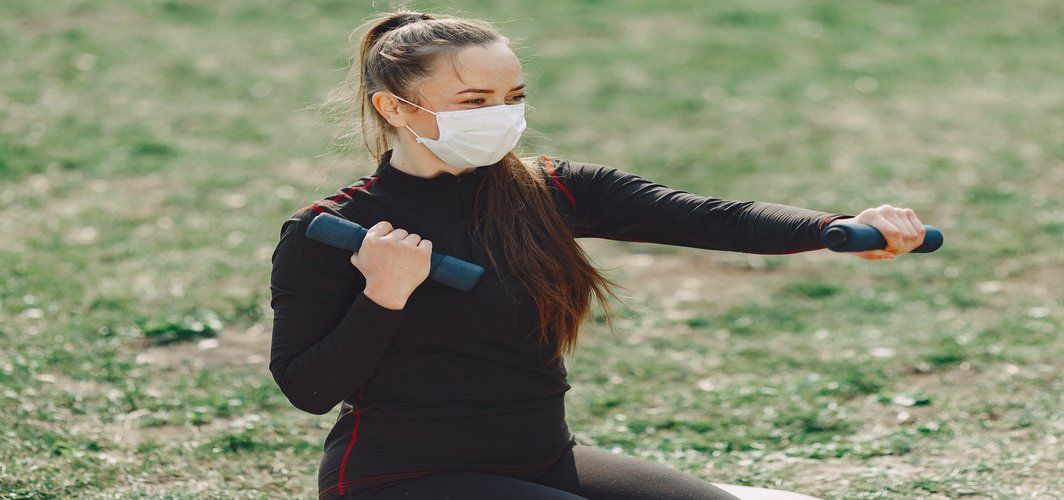
Coronavirus Updates
Can Exercising or Working Out With a Face Mask be Dangerous?
Wearing a face mask when exercising can affect your ability to breathe easily. This may be because exercise results in harder and faster breaths leading to airflow constriction.
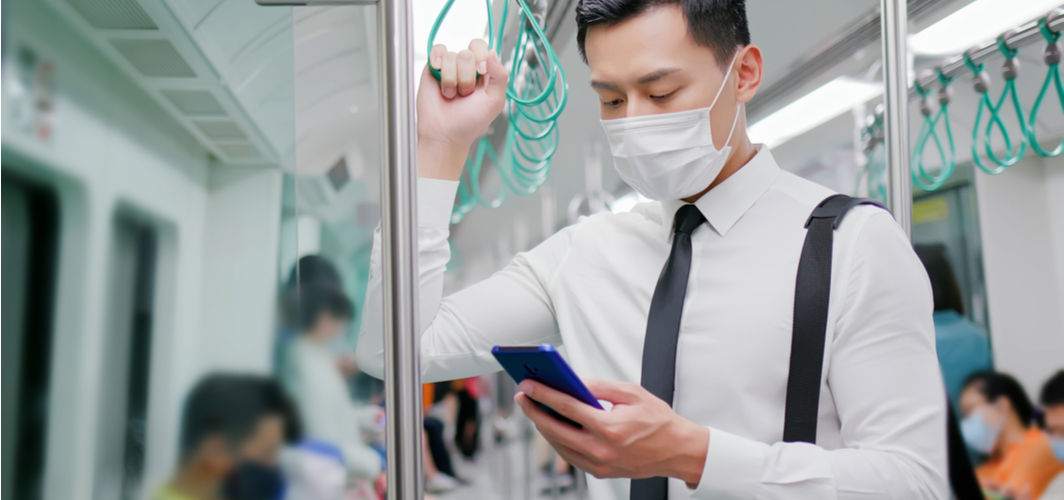
Coronavirus Updates
Safety and Hygiene Tips to Follow When Using Public Transport After the COVID-19 Lockdown
Take all the necessary precautions given in this article, including wearing masks and practicing social distancing, to protect ourselves when using public transport after lockdown.
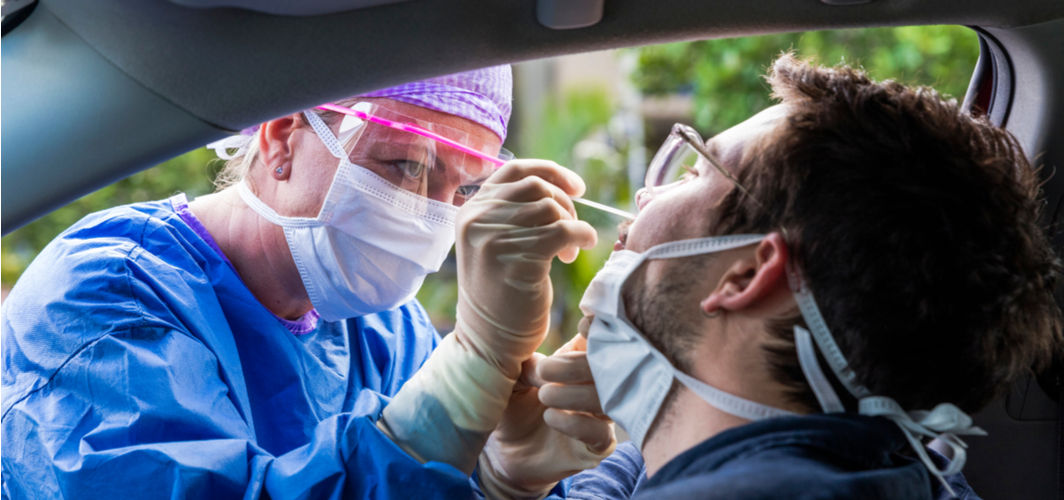
Coronavirus Updates
When Should One Get Tested for COVID-19 in India?
You should get yourself tested for COVID-19 if you show any symptoms after undertaking international travel in the last 14 days, had any contact with people who tested positive for the virus, are a patient of SARS, or you are a healthcare worker.
Subscribe
Sign up for our free Health Library Daily Newsletter
Get doctor-approved health tips, news, and more.
Visual Stories
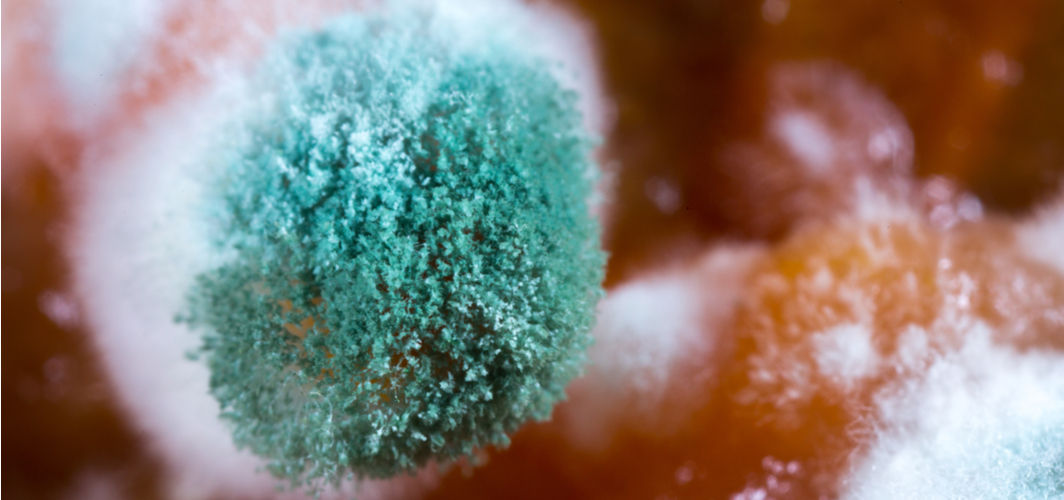
Decoding India’s Fungal Epidemic Triggered by COVID-19
Tap to continue exploring
Recommended for you

Coronavirus Updates
Can Exercising or Working Out With a Face Mask be Dangerous?
Wearing a face mask when exercising can affect your ability to breathe easily. This may be because exercise results in harder and faster breaths leading to airflow constriction.

Coronavirus Updates
Safety and Hygiene Tips to Follow When Using Public Transport After the COVID-19 Lockdown
Take all the necessary precautions given in this article, including wearing masks and practicing social distancing, to protect ourselves when using public transport after lockdown.

Coronavirus Updates
When Should One Get Tested for COVID-19 in India?
You should get yourself tested for COVID-19 if you show any symptoms after undertaking international travel in the last 14 days, had any contact with people who tested positive for the virus, are a patient of SARS, or you are a healthcare worker.